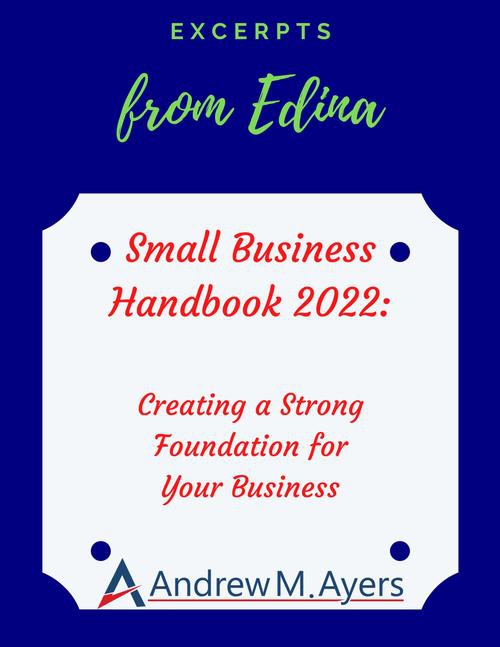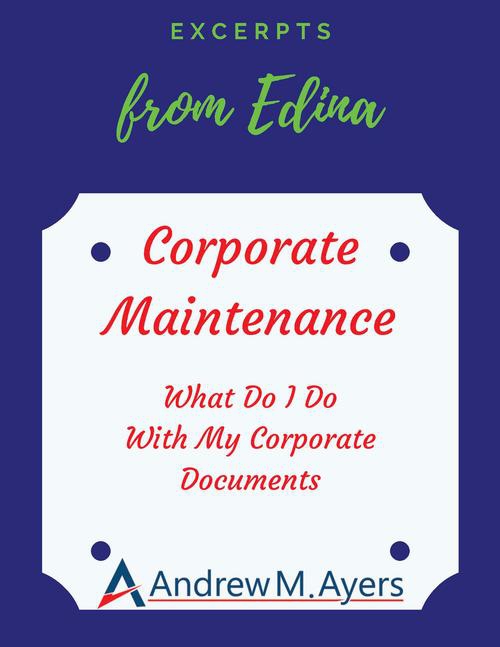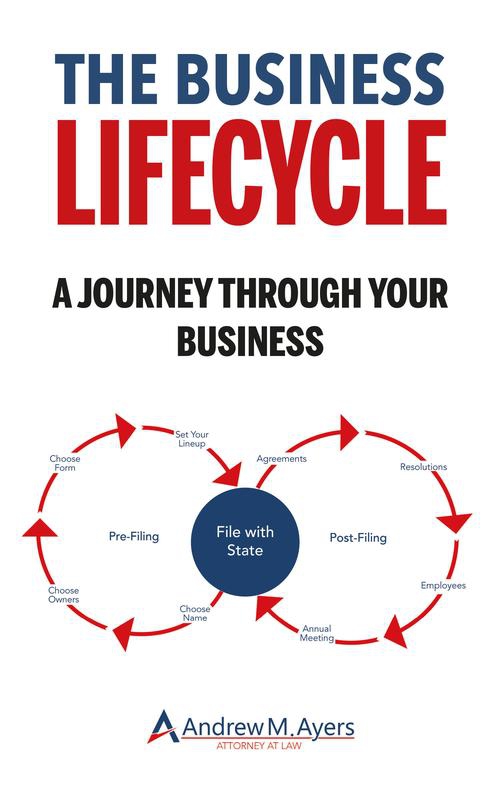 Receiving a letter from a debt collector can be a stressful experience, especially if they have been constantly contacting you at home. There are specific laws that address the methods and tactics that debt collection agencies can use for consumer debt, but what are business owners supposed to do when they get contacted by a debt collector?
Receiving a letter from a debt collector can be a stressful experience, especially if they have been constantly contacting you at home. There are specific laws that address the methods and tactics that debt collection agencies can use for consumer debt, but what are business owners supposed to do when they get contacted by a debt collector?
If you are operating your business and you receive a notification from a debt collection agency (it's likely a lot of notifications all at once by phone, email and letter), they often seem to be more aggressive than you thought they would be. This is the situation that one of my clients, we'll call him Mr. Smith, found himself in when his small business fell behind on a payment over inventory. Mr. Smith runs a retail store and utilizes a middleman to provide a variety of items for his inventory. The middleman agrees to "float" the payment terms to "net 90" so that Mr. Smith presumably has time to take the inventory and then sell it so he can pay his bills. When he first agreed to this arrangement, it seemed like a win-win for everyone involved. However, he quickly found that some of the inventory is being sourced from overseas and wasn't even arriving within the 90-day window.
The salesman from the company had seemed so nice and accommodating that Mr. Smith didn't think this would be an issue since some of the products had not even arrived yet. Unfortunately, he was wrong, and now he's got a debt collection agency very aggressively contacting him for payment.
What Should You Do Next?
The debt collectors have become overly aggressive because they likely know that Mr. Smith did not personally guarantee the payment for the inventory. It's one of the benefits of incorporating your business, Mr. Smith is not personally liable, and so the debt collectors are left with less leverage than when they deal with a business that has personally guaranteed debt.
When I met with Mr. Smith, he wasn't overly concerned about the debt collector yet, but was looking for a plan for what he should do next. The debt collector was still just beginning their collection attempts, so we crafted a short checklist for him to use when dealing with them:
-
Don't Ignore the Letter: One of the worst things you can do when you receive a letter from a debt collector is to ignore it. Ignoring the letter will not make the debt go away and may result in further legal action against your business. It's important to take prompt action and respond to the letter promptly.
-
Communicate in Writing: It's best to communicate with debt collectors in writing, rather than over the phone. Keep copies of all written correspondence, including letters and emails. This can help you have a paper trail and protect yourself in case of any disputes or legal actions.
-
Consider Negotiating: If you are unable to pay it in full, you may consider negotiating with the debt collector. You can propose a payment plan or request a settlement offer. Make sure to get any agreements in writing and keep records of payments made.
Mr. Smith's game plan also allows for the likely next step in this process, which will be to involve his attorney with the debt collection issue. By following the plan, he's creating a paper trail and documents and records for an attorney to work with him to get the matter resolved.
One of the primary tactics that the debt collector is using against Mr. Smith is the constant (and it is constant) threat that if they haven't resolved this matter by a certain date, then they'll have to sue him. First of all, there's no requirement that someone has to sue your business. However, in case the dispute ends up going to court, there's already an initial set of evidence that Mr. Smith can use in his defense against the claims of the debt collector.
Sadly, Mr. Smith's situation is not unique. Many businesses are forced to deal with debt collectors who are overly aggressive, unnecessarily so, in an attempt to intimidate the owners into paying off their debt immediately. There can be a variety of reasons why you haven't paid the debt yet, which can include breach of contract defenses where relevant.
Make sure you're speaking to a professional if your business is being hounded by a debt collector so you know your rights and can use a plan to deal with all of the unpleasant letters and emails that come with it.
Do I Need a Business Attorney?
If you or your business needs help with an overzealous debt collector, it's important that you talk to a business attorney. Let's schedule a Legal Strategy Session online or by calling my Edina, Minnesota office at (612) 294-6982 or my New York City office at (646) 847-3560. My office will be happy to find a convenient time for us to have a phone call to review the best options and next steps for you and your business.





